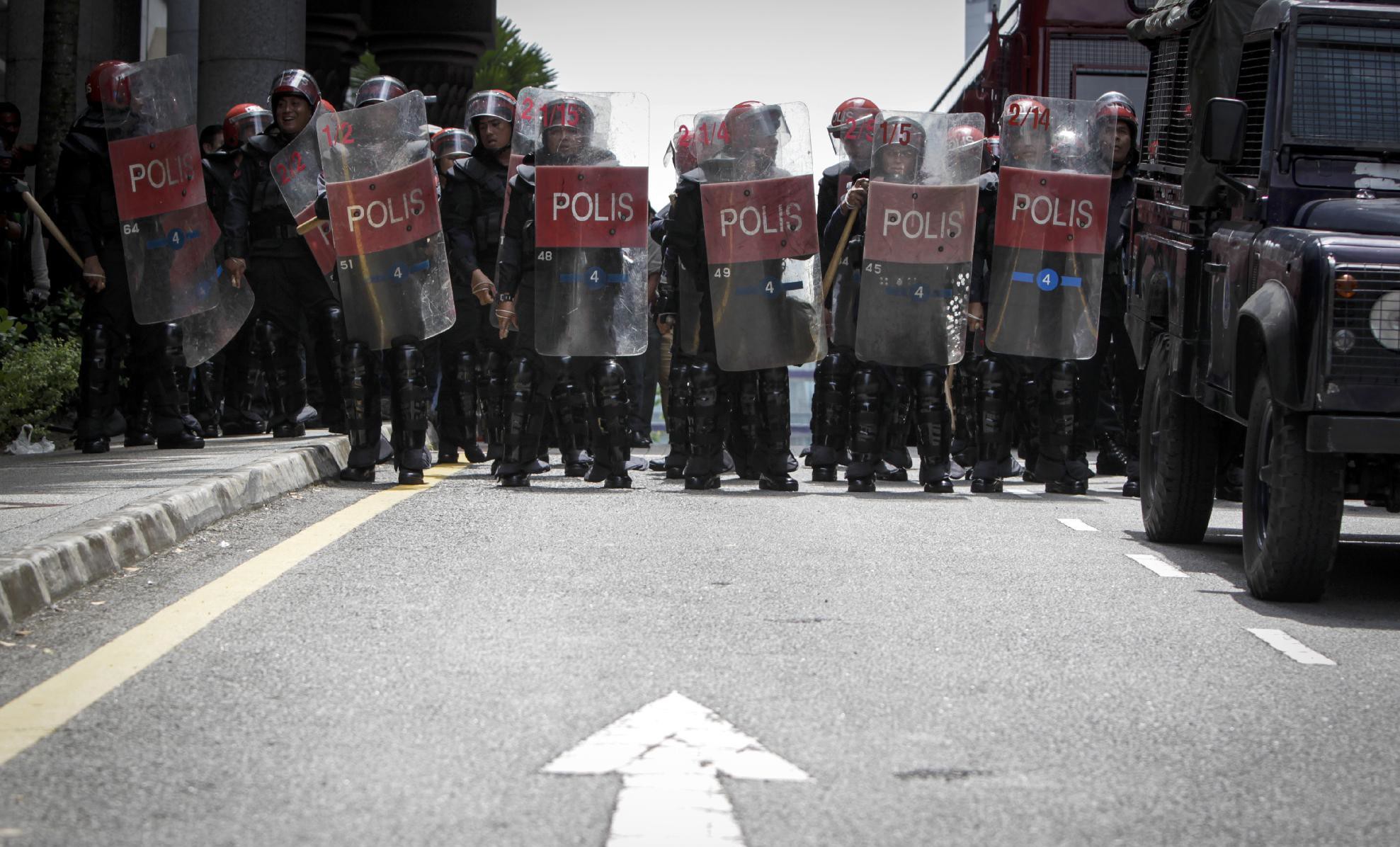The National Front, or Barisan Nasional (BN) in Malaysia won the 13th General Election in 2013, but with the worst vote results ever, having achieved only 47% of the popular vote. The results confirm that Prime Minister Najib Razak, leader of the National Front, is losing popularity, because he is starting to drift away from “the more inclusive and liberal style of politics” that he once stood for. For one, Najib has been shifting towards a more race-based policy because he is keen on reforming the country’s system of ethnic preferences. However, this led to the perception that he had abandoned his fellow ethnic Malays. The regression of the largest party of the ruling coalition, the United Malays National Organization (UMNO) is also seen as a direct consequence of the election’s outcome.
The arrival of the Bumiputera Economic Empowerment (BEE) initiative is timely. It refers to a variety of initiatives that favour ethnic Malays, demonstrating Najib’s commitment to ensuring the continuity of the bumiputera (“sons of the soil”) initiative, which offered privileges to ethnic Malays and indigenous peoples of Malaysia. Through the BEE initiative, the government is required to give big project contracts to bumiputera-owned businesses, and to provide loans for entrepreneurs. As a result of the initiative, state companies must also meet specific targets for bumiputera participation. Pro-government bigots have been telling Chinese and Indians, the two largest ethnic groups excluded from the bumiputera initiative, to go back to their homeland with phrases such as “go back to China” and “go back to India”. Recalling the race riots of May 1969, this environment has the potential to become hostile, and is particularly dangerous given how the memories of this event still loom over the minds of many Malaysians.
Not so long ago, there was some optimism that Najib would be a progressive and liberal Prime Minister who would lead the country towards not only becoming more meritocratic, but democratic as well. Faced with a crony economy, Najib presented himself as a leader who not only wanted to open up the economy, but also to remake the money politics system that Malaysia had been undergoing for some time. As the recent turn of events indicate, however, Najib appears to be becoming a more authoritarian figure than his predecessors. In 2011, he repealed the infamous colonial-era Internal Security Act (ISA), or Akta Keselamatan Dalam Negeri of 1960, which allowed for detention without trial. However, this was replaced by the Security Offences (Special Measures) Act legislation, also known as Sosma, shortly after. Under this new law, individuals can be jailed for their whole life if accused of having sabotaged the government. An example of this is the 2015 imprisonment of 1Malaysia Development Bhd (1MDB) critic Datuk Khairuddin Abu Hassan. Former Prime Minister Dr. Mahathir Mohamad, who was also the country’s longest-serving Prime Minister, says that the replacement of the ISA with Sosma has led to more harm than good.
Besides the arrest of Khairuddin, Najib has also taken deliberate actions to remove key individuals who criticized him over 1MDB, the troubled state investment firm. Observers of Malaysia view the recent retirement of the police chief and replacement of an attorney-general (which happened almost at the same time) as engineered by Najib. While Najib’s attorney-general ruled that Najib, with respect to the 1MDB scandal, was neither guilty of corruption nor at fault for having received “a legal donation from an unnamed Saudi royal,” there is a lot of skepticism in the country over the legitimacy of this ruling.
Najib has also taken on repressive measures to crack down on dissent. His government engages in media censorship, from simple things such as pornography, to news websites that portray Malaysia in a negative light. In addition, citizens are outlawed from wearing yellow T-shirts — wearing yellow is often synonymous with the Bersih movement, which called for free and fair elections and a crackdown on corruption. Optimists who once viewed Najib as a progressive leader are now skeptical.
The country has, arguably, taken a turn for the worse, especially with the recent increase in government repression. Non-ethnic Malay families who can afford to send their children abroad are starting to tell their children not to come back, because it seems as though there is not much hope for Malaysia’s future. There is no doubt that this brain drain, or exodus of high skilled individuals to more economically developed countries will hurt Malaysia’s developing economy. Those who are “stuck” in the country keep their heads down and try not to draw attention to themselves, for fear of being caught criticizing the government. Ultimately, a country once seen as having a thriving economy and political stability is now plagued with uncertainty. Its falling currency, the Ringgit, and cheap oil continues to exacerbate the uncertainty of the country. Overseas investors are also pulling their money out of the country, further contributing to Malaysia’s economic and political instability.
Can the government of Malaysia pull its way out of these unfortunate circumstances? For it to do so, it ought to first own up to its mistakes, from favouring the bumiputeras to using repressive means when dealing with dissenters. However, this is highly unlikely, which is why the removal of Najib as Prime Minister “through non-violent and legally permissible means” is a call that some citizens in Malaysia are rallying around. The recent Citizens’ Declaration is such a call. The declaration calls for Malaysians to be aware of the deteriorating social and economic conditions of the country, to understand that “the people are suffering”, and perhaps most importantly, to support “a repeal of all recent laws and agreements that… undermine policy choices” as well as “a restoration of the integrity of institutions… such as the police and Bank Negara (the central bank of Malaysia)”. Led by Mahathir and ex-deputy Prime Minister Muhyiddin Yassin, (whose sacking by Najib could be said to be in relation to Muhyiddin’s questioning of Najib over the 1MDB scandal), this declaration, published on March 4th 2016 on malaysiakini, an independent media outlet, has recently gained a lot of attention among Malaysians. But it is hard to say, and perhaps, too early to tell whether this statement will actually lead to anything. Previous attempts at non-violent movements, such as the Bersih movement, have not created much change. Malaysia’s only hope then, may be to defeat the ruling coalition, BN, at the next election.
The content of this article does not represent the positions or opinions of the Synergy Editorial Committee. Please address all scholarly concerns directly to the contributor(s) of the article.
Stanley Chia is a 2nd year student studying International Relations and History. Stanley currently serves as an event reporter and copy editor for Synergy: The Journal of Contemporary Asian Studies.








